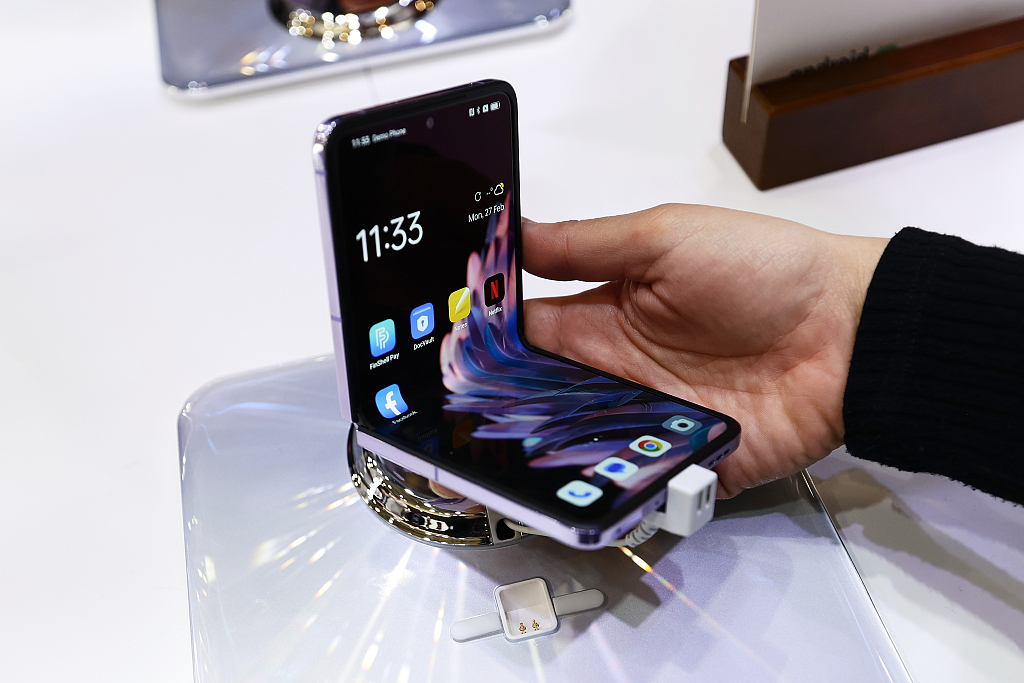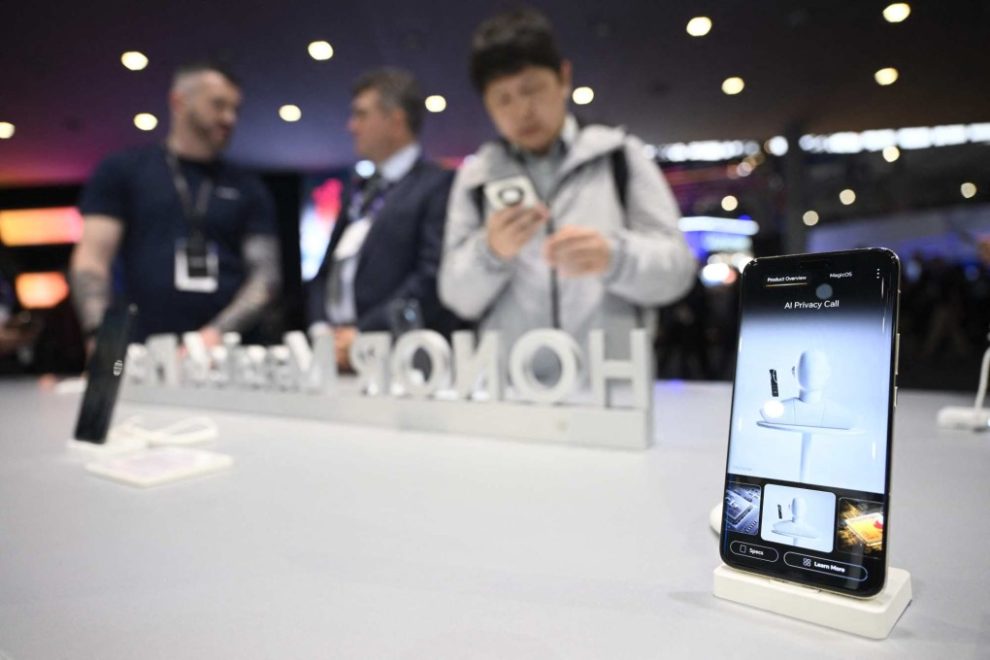At the recent MWC Barcelona trade show, Chinese smartphone giants Honor and Xiaomi showcased their latest advancements in generative AI, a technology that has the potential to revolutionize the way we interact with our devices.
What is Generative AI?
Generative AI refers to a type of artificial intelligence that is capable of creating new, original data such as images, text, code, and more. It does this by learning from vast datasets and using that knowledge to generate new content that did not previously exist.
In the context of smartphones, generative AI has a number of potential use cases including:
- Personalizing the user experience by understanding behavior and recommending relevant apps/content
- Helping users locate specific photos by analyzing image content
- Creating new images, videos, and other media content
Honor’s Magic6 Pro Features
Honor’s latest flagship device, the Magic6 Pro, showcases some impressive new generative AI capabilities through features like:
- Magic AI Assistant – Controls phone via voice commands, translates languages, answers questions
- AI Gallery – Auto photo/video tagging makes finding content easier
- AI Photo Optimization – Improves image quality via automatic adjustments
Xiaomi’s MIUI 14 for 14 Ultra
The newly announced Xiaomi 14 Ultra runs the company’s latest MIUI 14 software which contains advanced AI capabilities such as:
- MIUI 14 AI Assistant – Voice-controlled assistant for commands, translations, etc.
- AI Gallery – Auto photo/video tagging makes finding content easier
- AI Image Enhancement – Improves photos via noise reduction and upscaling

The Future of Generative AI in Smartphones
While most analysts don’t view generative AI as a major smartphone selling point yet, many predict this emerging technology will become a key market factor by 2027. As the technology matures, we can expect to see innovative new AI-powered features that make smartphones smarter and more personalized.
According to Counterpoint Research, some potential long-term applications of generative AI in smartphones include:
- Conversational assistants that feel more human-like through advances in NLU
- AR/VR experiences enhanced by generative 3D models of people and environments
- Personalized health/wellness recommendations powered by on-device AI
- Custom illustrations, logos, and other designs created instantly on demand
Challenges for Consumer Adoption
While generative AI offers exciting possibilities, there are also challenges to overcome before mainstream consumers fully adopt this technology.
One barrier is training robust multi-lingual AI models that work equally well in different regions. Most models today are still predominantly English-based. Building in quality support for other languages will be key.
Generating consumer trust is another challenge. Concerns around data privacy, security risks, and potential misuse of generative content need to be proactively addressed.
Opportunities for Chinese Companies
As early leaders in generative AI research, Chinese tech giants like Honor and Xiaomi are well-positioned to shape the future of how this technology impacts smartphones and other devices.
With access to huge consumer datasets, established manufacturing supply chains, and supportive government policies, China’s top companies have resources to rapidly advance generative AI capabilities.
By showcasing strengths in this emerging field, Honor, Xiaomi and other major Chinese brands can strengthen their reputations for product innovation worldwide.
Conclusion
In an industry known for cutthroat competition, generative AI represents the next major battleground for differentiation. As this technology continues maturing, consumers worldwide could see radical changes in their smartphone experiences thanks to more intuitive, personalized and intelligent on-device assistants and features.
While tech giants like Honor and Xiaomi have taken an early lead in unveiling consumer generative AI products, rapid disruption from smaller startups could be around the corner as barriers to AI technology development continue lowering.
















Add Comment